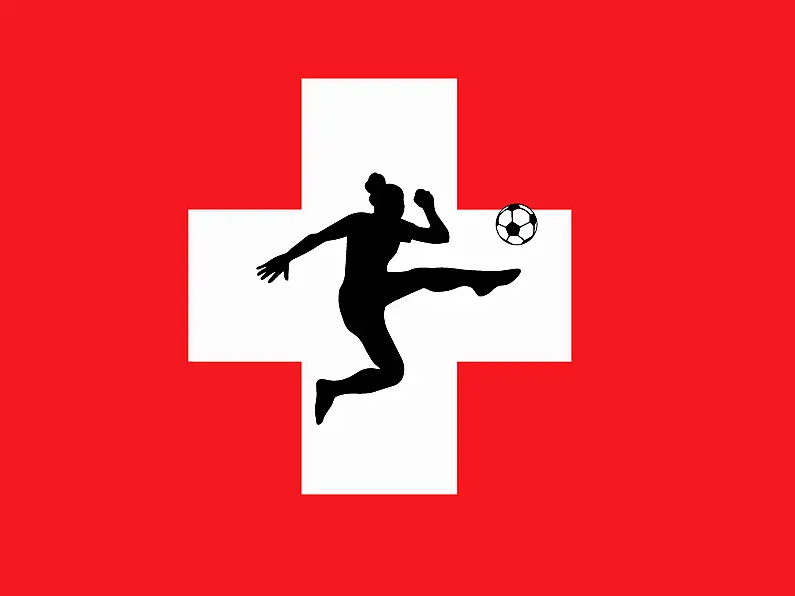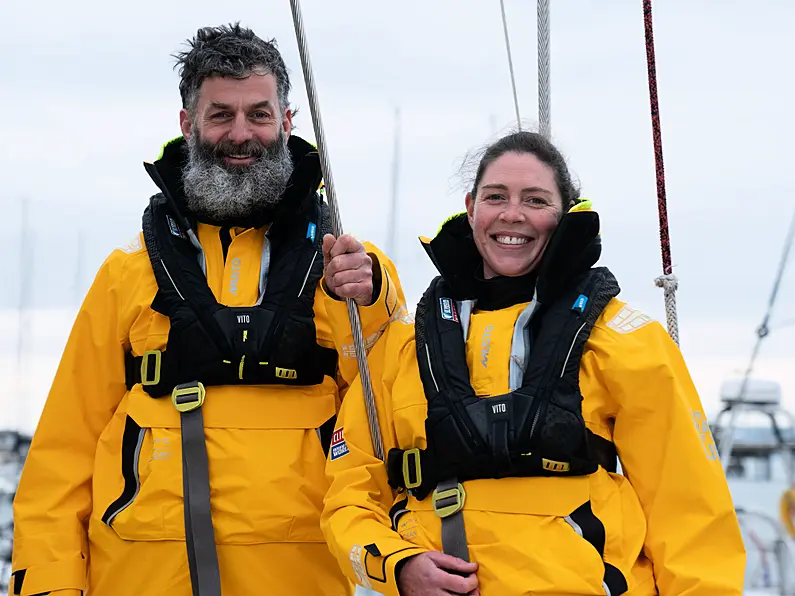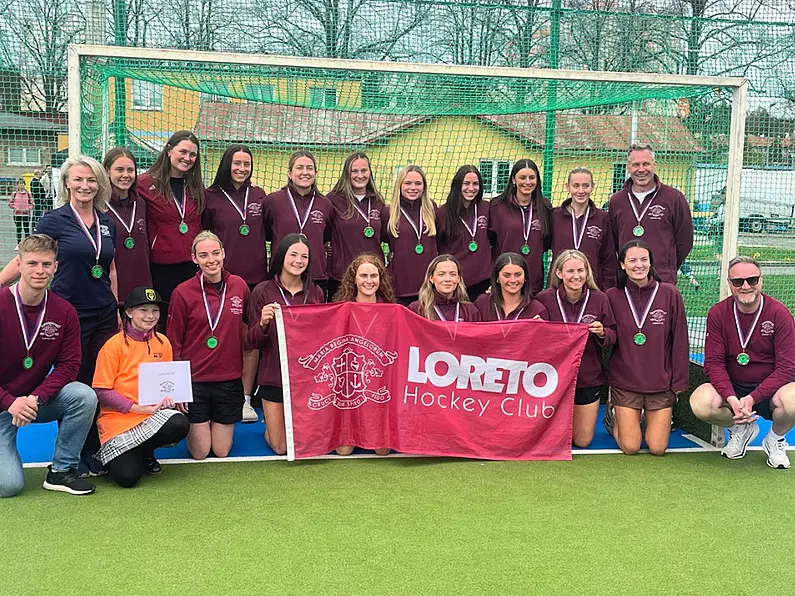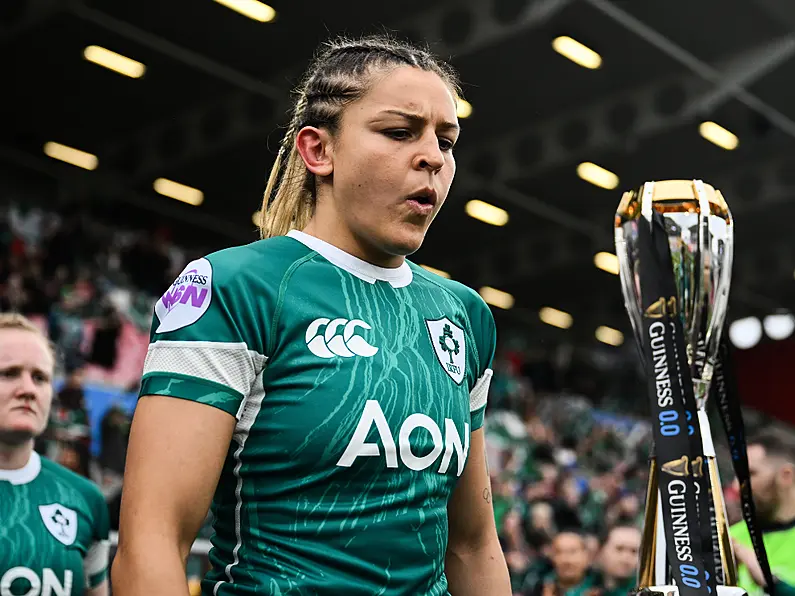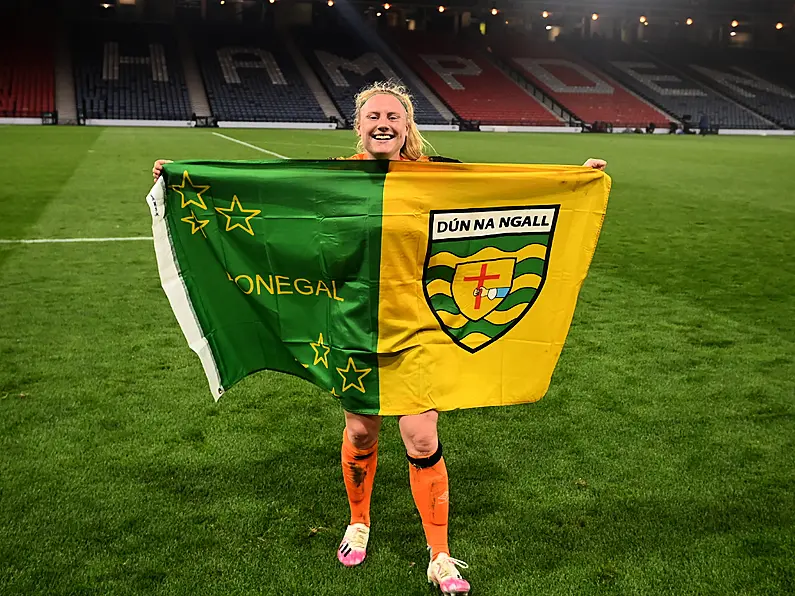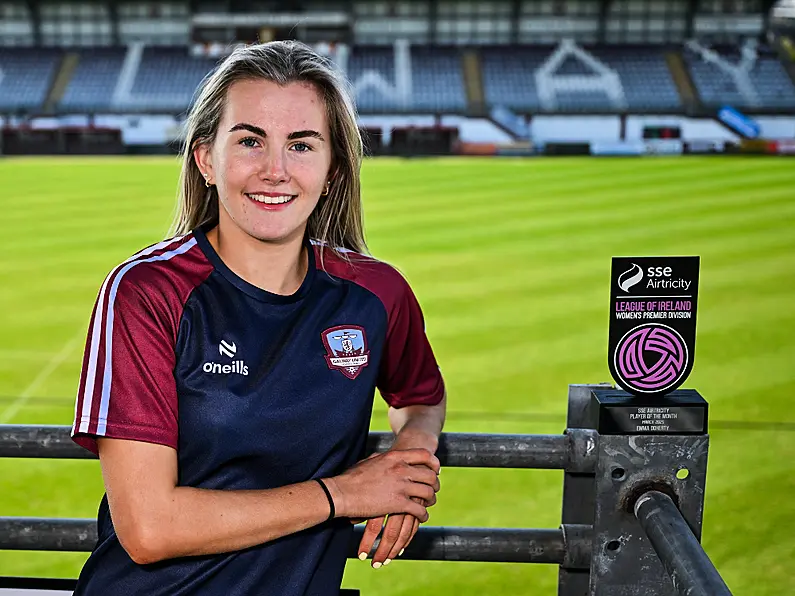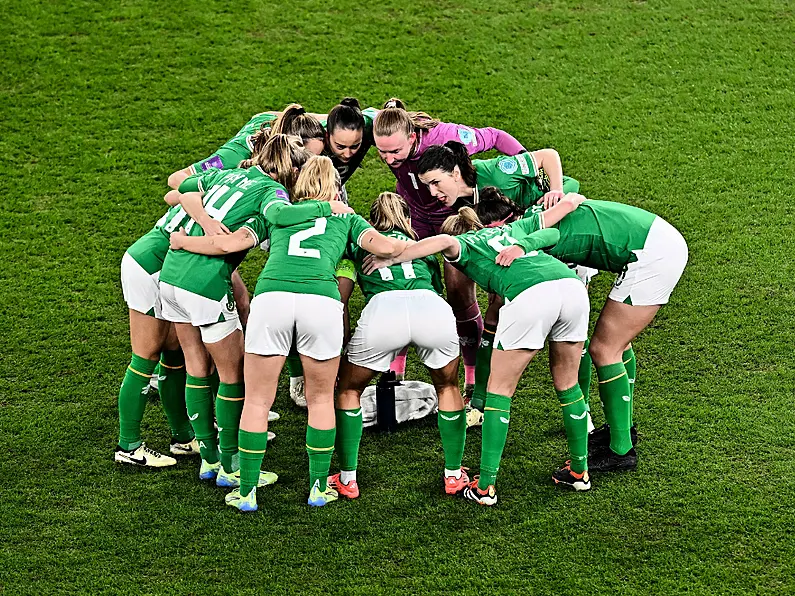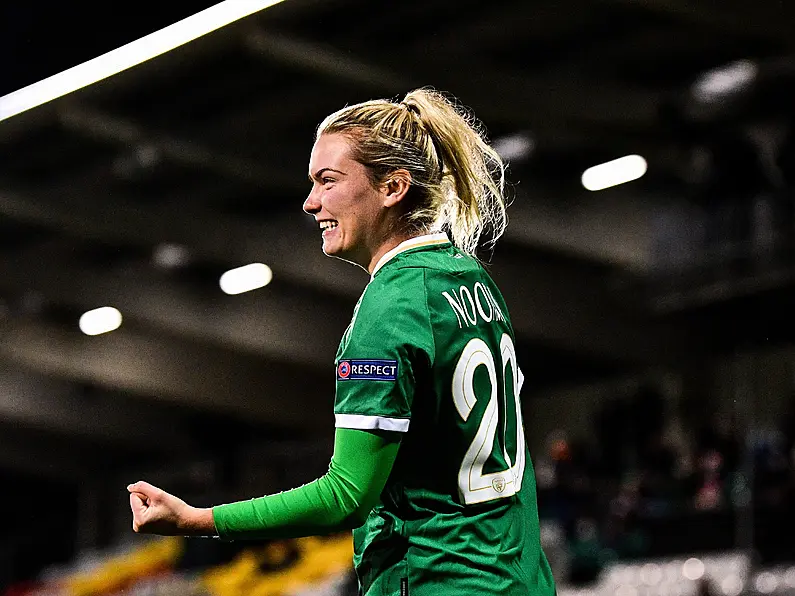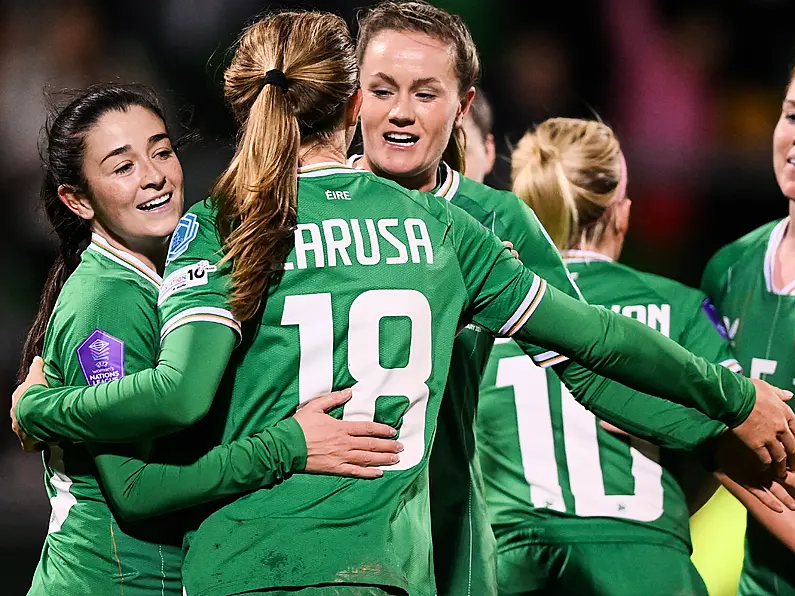Switzerland has been chosen to host the UEFA Women's Euro 2025, beating off competition from Finland and Sweden. It will be the first time that the Alpine nation has staged a major women's football tournament, and only the second time that it has hosted any European Championship, following the men's event in 2008.
The decision was announced by UEFA president Aleksander Ceferin on Tuesday, following a vote by the UEFA Executive Committee. Ceferin praised Switzerland's bid as "ambitious and visionary", and said that the tournament would be "a great opportunity to further develop and promote women's football across Europe and beyond".
Switzerland's bid was based on a concept of "Women's Football for All", with a focus on sustainability, accessibility and legacy. The tournament will feature 16 teams and 31 matches, played in eight venues across six cities: Basel, Bern, Geneva, Lausanne, Lugano and Zurich. The final will be held at the St Jakob-Park stadium in Basel, which has a capacity of 38,000.
The Swiss Football Association (SFV) said that hosting the Women's Euro 2025 would be "a historic moment" for Swiss football and society, and that it would aim to inspire a new generation of female players and fans. The SFV also pledged to invest in grassroots programmes, coaching education, infrastructure and social projects related to women's football.
The Women's Euro 2025 will be the first edition of the tournament to be held under a new format, with four groups of four teams in the group stage, followed by quarter-finals, semi-finals and final. The previous format had three groups of four teams, with only two best third-placed teams advancing to the knockout stage. The expansion of the tournament reflects the growing popularity and quality of women's football in Europe, which has seen an increase in participation, professionalism and competitiveness in recent years.
For Ireland, the Women's Euro 2025 will offer another chance to qualify for another major tournament, after narrowly missing out on the 2022 edition. Ireland finished third in their qualifying group behind Germany and Ukraine, despite winning four of their eight matches and conceding only five goals.
Ireland will hope to build on their recent progress under manager Vera Pauw, who took charge in September 2019 and has overseen a rise in standards and expectations. Pauw has said that her long-term goal is to make Ireland a regular contender at major tournaments and there will be a real desire to ensure Ireland follow up World Cup qualification with another major tournament.
